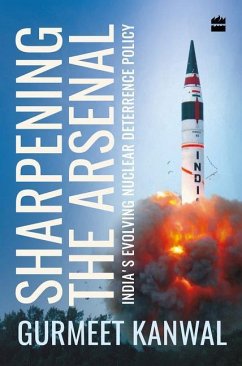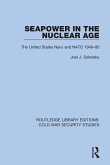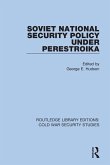Speaking in Delhi in November 2016, Manohar Parrikar, India's then Defence Minister, said there should be an element of unpredictability in the country's military strategy. He wondered whether India's nuclear doctrine should be constrained by a 'no-first-use' posture. The essence of the defence minister's introspection was that ambiguity enhances deterrence. This view has been expressed by several nuclear strategists. Nuclear doctrines are not written in stone and are never absolutely rigid. They are not binding international treaties that must be adhered to in letter and spirit. Fifteen years have passed since India's nuclear doctrine was approved by the Cabinet Committee on Security in January 2003. A review of the nuclear doctrine is long overdue. Credible minimum deterrence and the posture of no-first-use have stood the test of time. But is there no conceivable operational contingency that justifies a first strike? Do we need a new nuclear policy for our new geopolitical reality? This book delves into the debate and charts out a way ahead.
Hinweis: Dieser Artikel kann nur an eine deutsche Lieferadresse ausgeliefert werden.
Hinweis: Dieser Artikel kann nur an eine deutsche Lieferadresse ausgeliefert werden.








